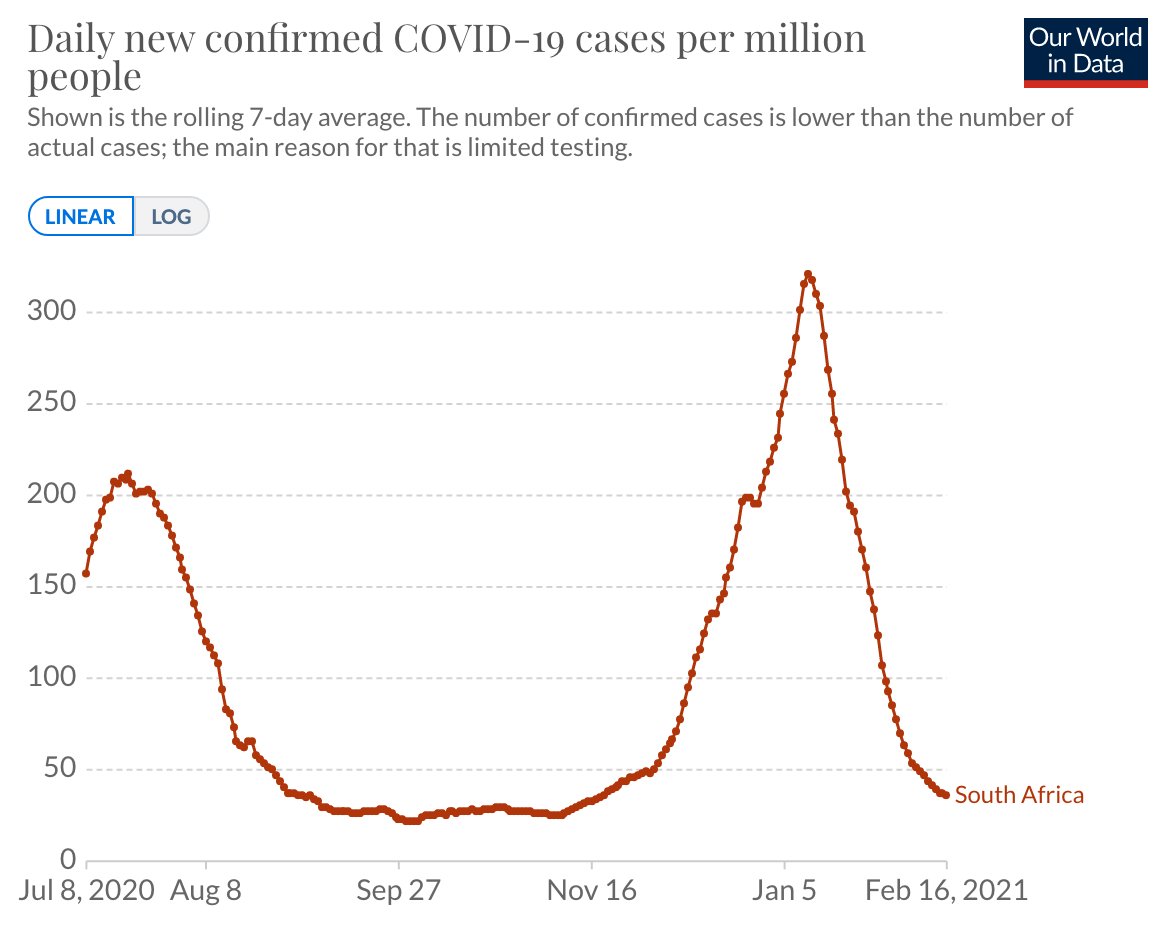
I talked to Princeton sociologist @patrick_sharkey about America's crime surge.
theatlantic.com/ideas/archive/…
It's not just the mass shootings. 2020 had the most gun deaths of any year in US history and was, on a per capita basis, the most violent year of this century. Why?
theatlantic.com/ideas/archive/…
It's not just the mass shootings. 2020 had the most gun deaths of any year in US history and was, on a per capita basis, the most violent year of this century. Why?
If you have a deep need for single-cause answers to complicated questions, definitely don't read this story, or any other story, about why crime rises and falls. There are things we know for sure about this surge of violence—and then there's a tug-of-war over interpretation
So, what we know. Violent crime surged by its highest rate in many decades to its highest level in many decades. Fatal shootings rose more than 40% in several cities, including
Madison: 60%
Sacramento: 51%
Milwaukee: 47%
Atlanta: 46%
New York: 44%
Minneapolis: 43%
Boston: 41%
Madison: 60%
Sacramento: 51%
Milwaukee: 47%
Atlanta: 46%
New York: 44%
Minneapolis: 43%
Boston: 41%
Violent crime is very unevenly distributed both within cities and between cities.
Fatal shootings rose in Chicago by 2x more than any other city. But others—including Miami; Las Vegas; San Jose, CA; and Honolulu —actually saw declines in fatal shootings.
Fatal shootings rose in Chicago by 2x more than any other city. But others—including Miami; Las Vegas; San Jose, CA; and Honolulu —actually saw declines in fatal shootings.
Of course, we talked about the police protests and the Defund movement.
What's not debatable is that the largest surge in crime last year occurred after the protests. Disentangling blame & responsibility is where things get gnarly.
What's not debatable is that the largest surge in crime last year occurred after the protests. Disentangling blame & responsibility is where things get gnarly.

I think Sharkey makes a compelling point that the rise in violence might be causally downstream of the police protests; but the police protests are also downstream of other things—social injustice, gun prevalence, violent policing—that make unrest and social distrust inevitable.
We didn't talk so much about guns.
But to be exquisitely clear, I think handguns and assault rifles are a civic poison that makes civilians less safe from each other, cops less safe from civilians, and civilians less safe from cops
theatlantic.com/ideas/archive/…
But to be exquisitely clear, I think handguns and assault rifles are a civic poison that makes civilians less safe from each other, cops less safe from civilians, and civilians less safe from cops
theatlantic.com/ideas/archive/…
• • •
Missing some Tweet in this thread? You can try to
force a refresh











